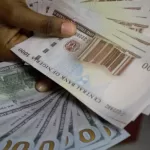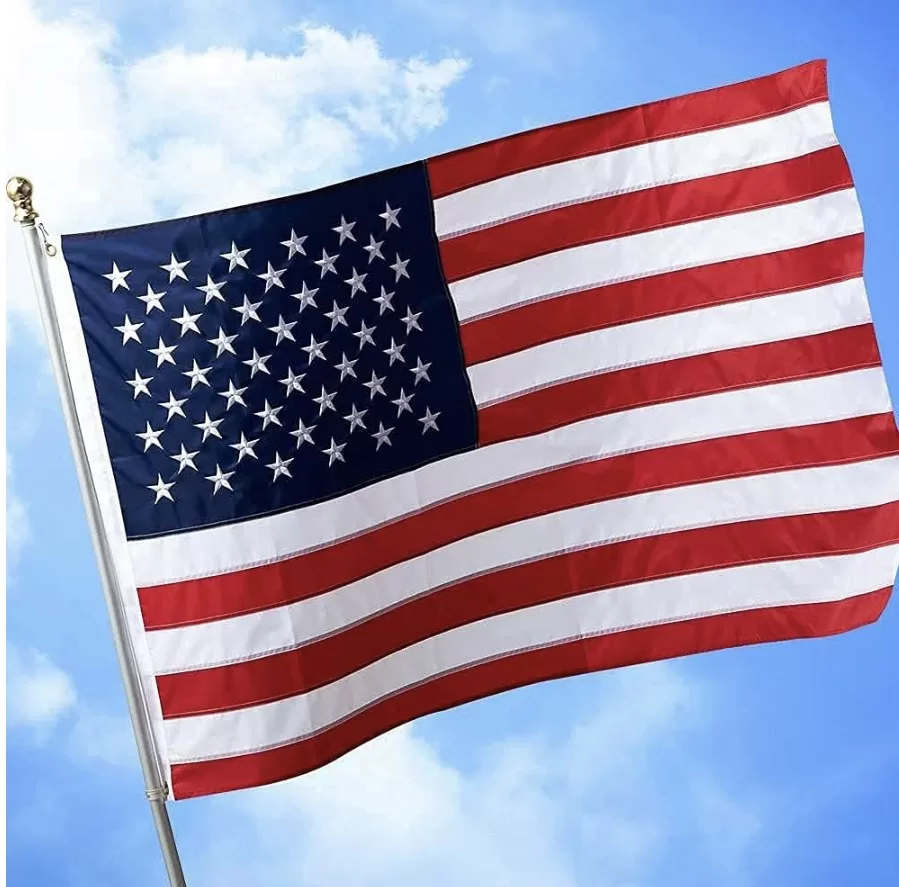South Korea’s acting president, Choi Sang-mok, has directed a comprehensive safety review of all airline operations across the country following the devastating plane crash at Muan International Airport on Sunday, which claimed the lives of 179 passengers.
The crash involved a Jeju Air Boeing 737-800, marking the deadliest aviation disaster in South Korean history.
The ill-fated flight burst into flames after skidding off the runway and crashing into a wall. Only two passengers survived the accident, which left a nation in mourning.
On Monday, just a day after the tragedy, another Jeju Air flight—a Boeing 737-800, the same model as the crashed plane—returned to Seoul shortly after takeoff due to a mechanical defect in its landing gear.
The flight had departed from Gimpo International Airport but made an emergency landing less than an hour later.
Landing gear issues are now under scrutiny, with investigators focusing on the possibility of a mechanical defect combined with a bird strike as contributing factors in Sunday’s crash.
Thirty-nine of Jeju Air’s 41 aircraft are Boeing 737-800 models, raising concerns about fleet-wide safety.
Acting President Choi Sang-mok, who assumed office on Friday amid political turmoil following the impeachment of President Yoon Suk Yeol, described the crash as a “national tragedy.” Addressing the nation, he expressed his grief and promised swift action.
“My heart aches as we face this unforeseen tragedy amid recent economic hardships,” Choi said.
He called for transparency in the investigation and urged investigators to provide timely updates to the victims’ families.
Choi also announced an emergency inspection of South Korea’s aviation operations to prevent a recurrence of such incidents.
Jeju Air executives issued a public apology, bowing deeply at a press conference on Sunday. The airline promised to cooperate fully with the investigation and to support the victims’ families.
“We deeply apologise to all those affected by the incident. We will make every effort to resolve the situation,” the company said.
However, the crash has significantly impacted the airline’s reputation, with its shares plummeting by 8% on the Seoul Stock Exchange on Monday.
The doomed flight, Jeju Air 7C2216, was carrying 179 passengers aged between 3 and 78, most of whom were South Korean nationals, with two Thai nationals also among the victims.
The plane crashed after receiving a bird strike warning and subsequently attempting to land from the opposite direction, as directed by air traffic control.
Despite Boeing’s assurance that it is “ready to support” Jeju Air, the aviation giant is facing increased scrutiny due to the recurring issues with its 737-800 model.











